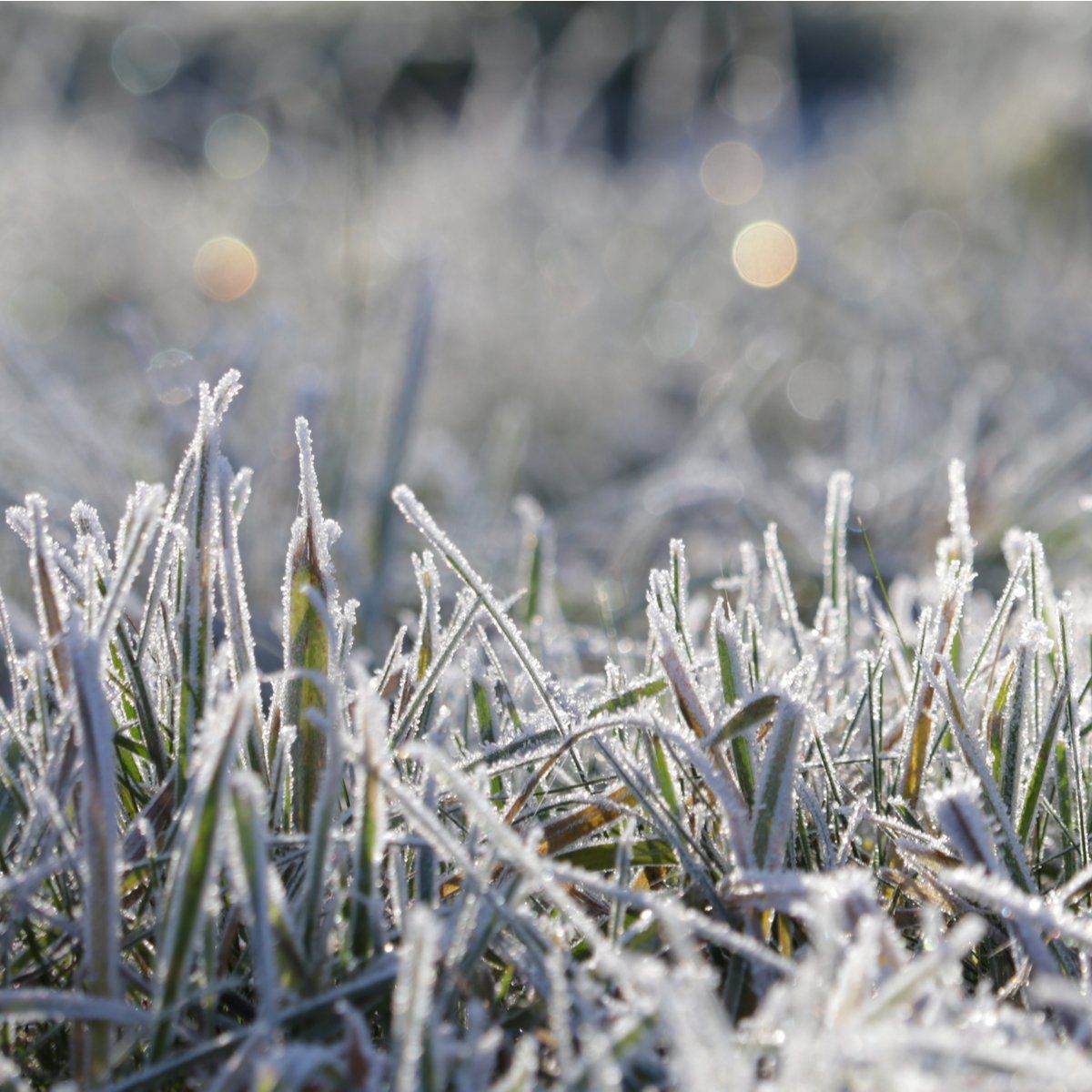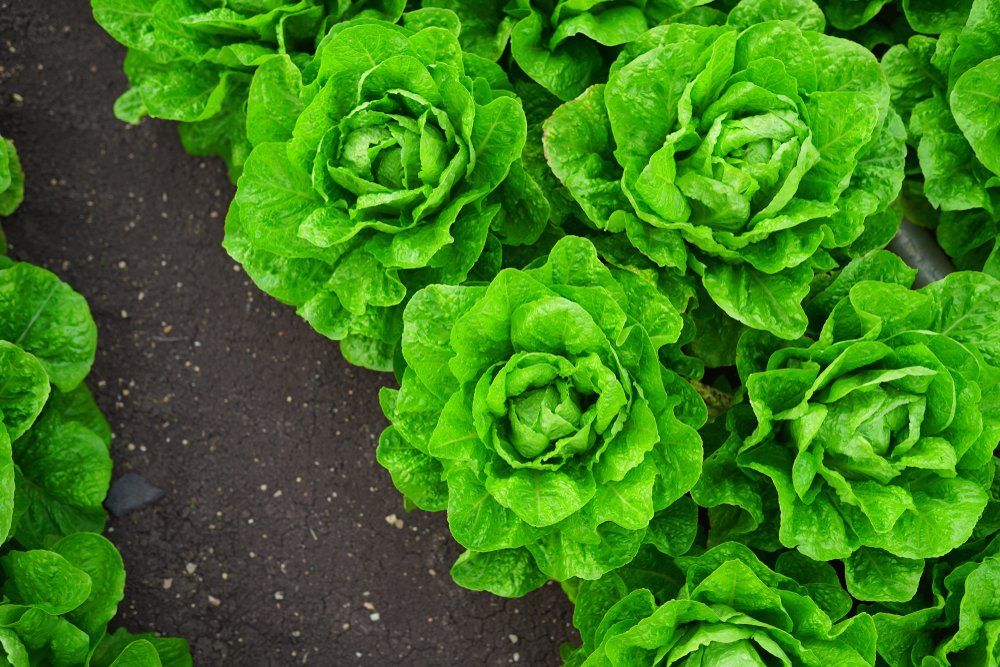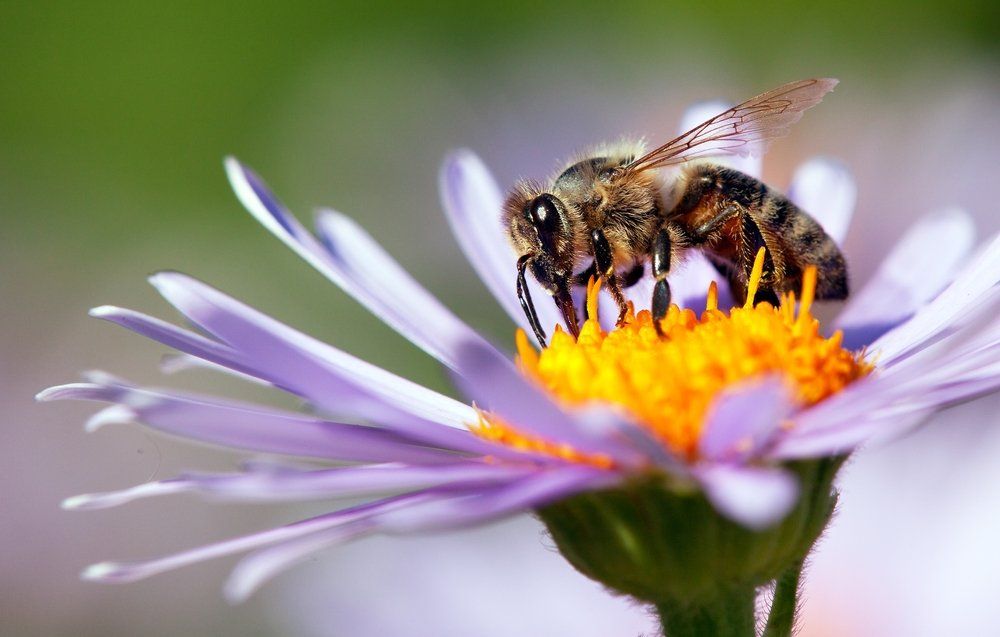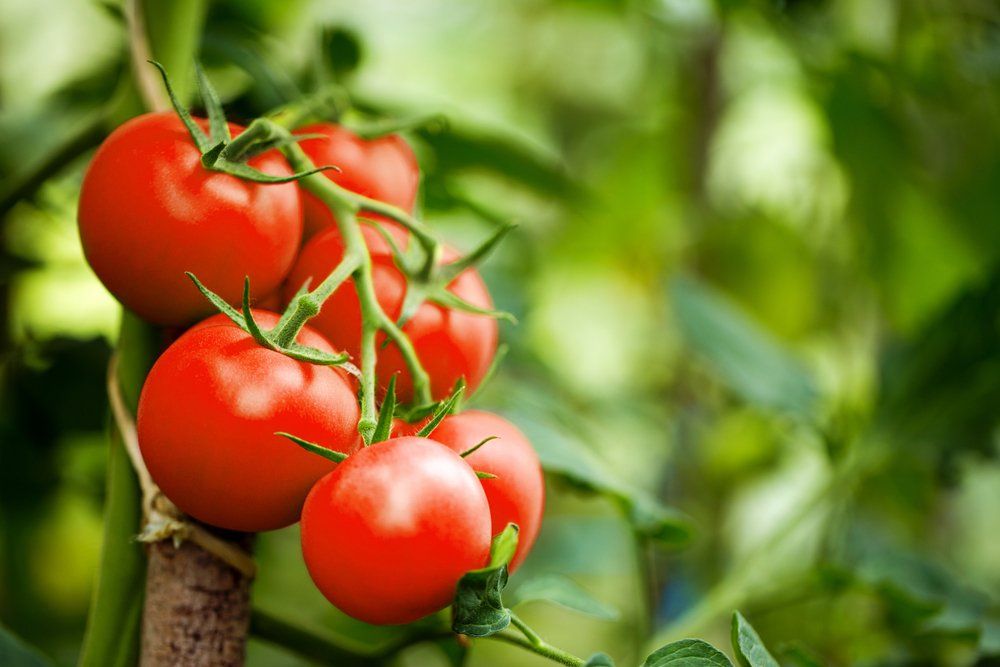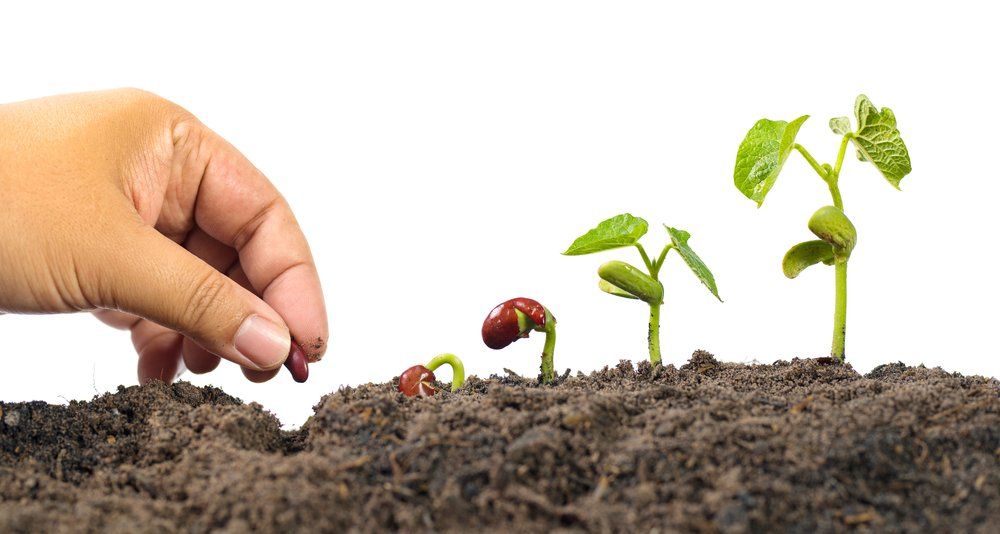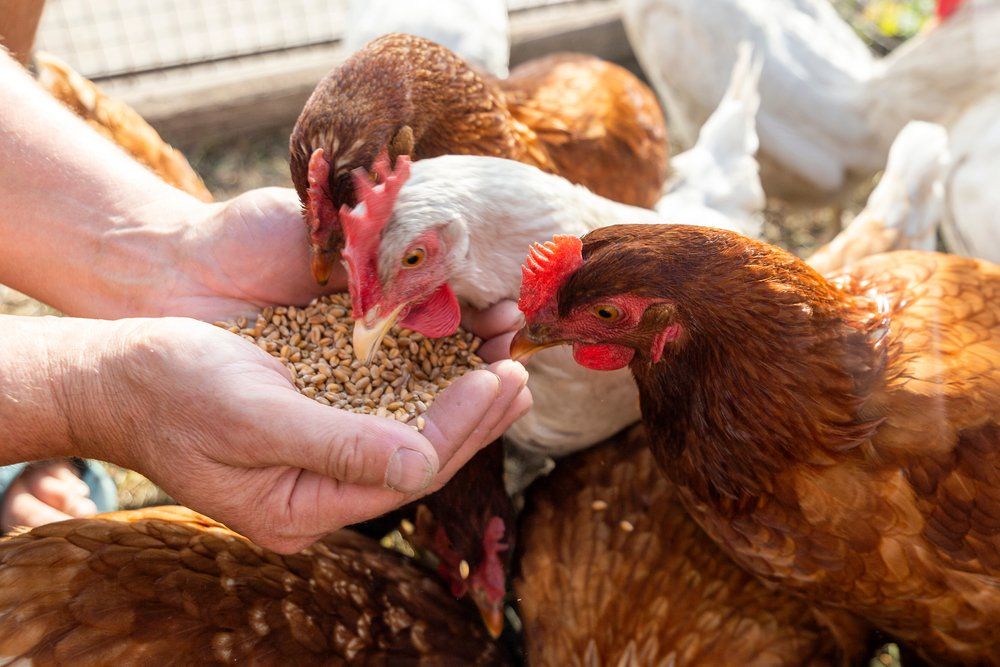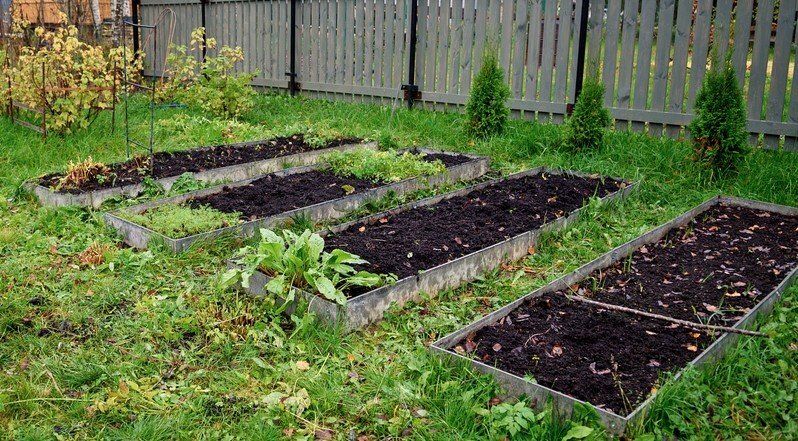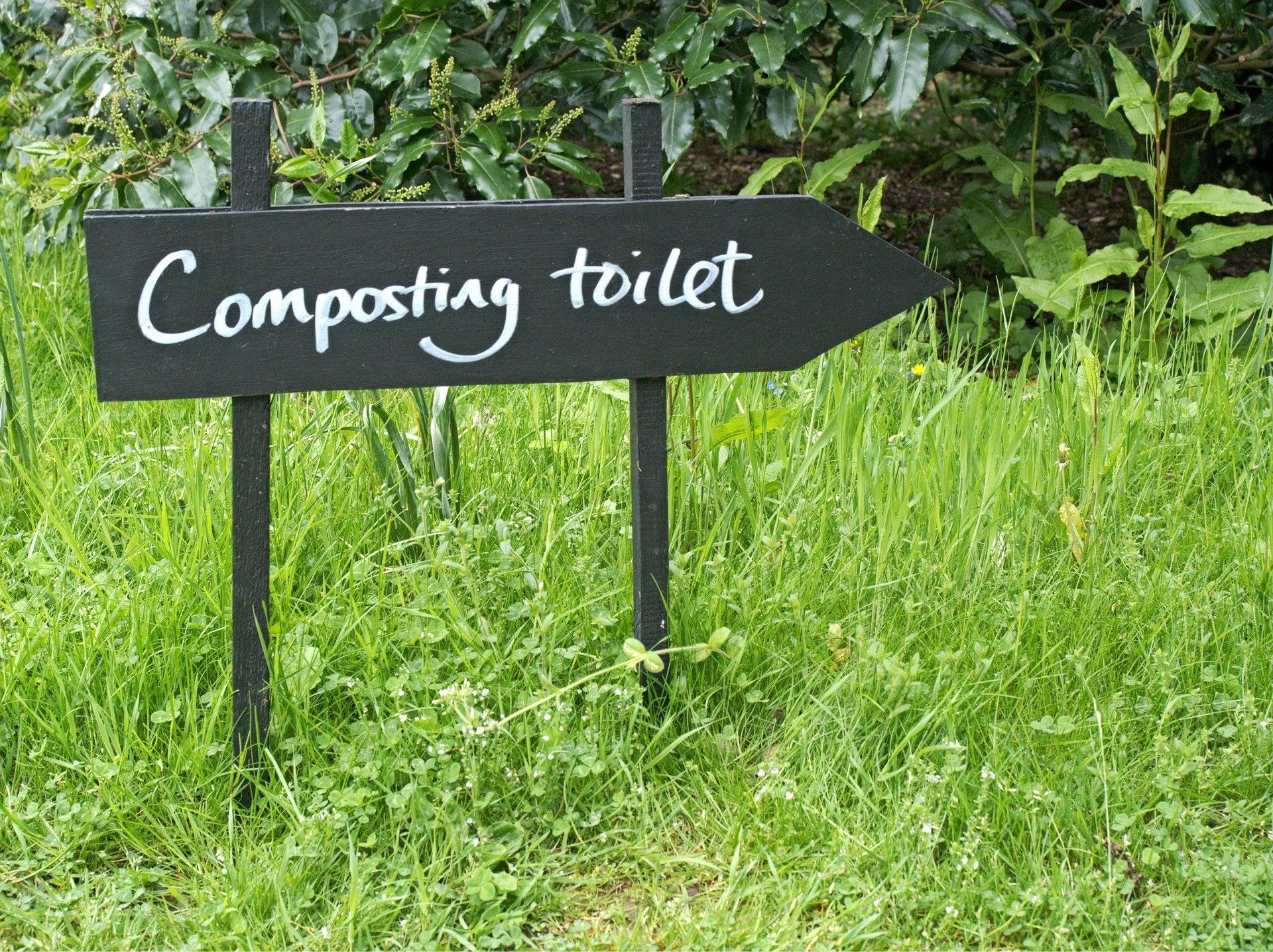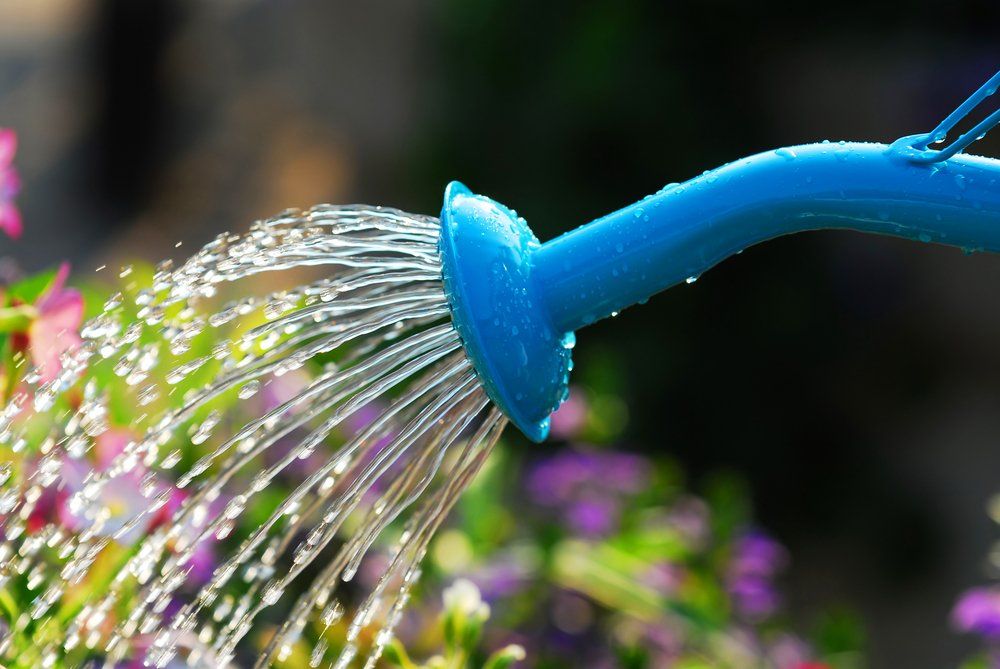Beat the heat in your garden
We are moving into summer, and I trust your garden is thriving. However, summer also means increasing temperatures and less rainfall which can lead to issues in the garden.
The main issue is soil moisture loss which must be replaced by irrigation or watering. Water your garden either early in the morning or in the evening when temperatures are not so harsh. Watering in the heat of the day can cause leaf damage plus loss of water from evaporation. To reduce evaporation, you can also mulch around plants using good quality compost or pea straw.
It’s best to ‘deep water’ once or twice a week rather than a little every day. Deep watering encourages plant roots to grow more deeply so they are better able to survive the ravages of summer heat.
Increasing temperatures and regular watering creates a nice environment within the plant foliage, which provides ideal conditions for plant disease and insect infestations.
Inspect your plants regularly for signs of pests or disease so you can control these earlier than later. With a bit of practice, you will spot changes in plant growth which often is a sign that problems will soon arise. This way you can reduce the need for pesticides. Creating healthy soil and using natural organic fertilisers often means reduced disease and pests.
I use and recommend regular use of either seaweed or fish-based sprays. As a control for a wide range of insect pests (including aphids and whitefly), I use Neem Oil and recommend ‘Naturally Neem. Mix this with a high oil fish fertilizer which helps the Neem adhere better to plant leaf surfaces. Ensure you obtain a good leaf coverage by spraying both sides of leaves.
Don’t forget to use the ‘juice’ from your Zing Bokashi Composting System to add nutrients to your garden soil. Find out more about how to use your ‘juice’ and the correct dilution amounts here.
One of the home gardener’s biggest problems over the summer months is the arrival of the white butterfly and once they arrive, they lay eggs on brassica crops (cabbage/cauliflower/broccoli/ kale / Brussels sprouts). Eggs hatch and then you have an infestation of caterpillars – indicated by the sight of holes appearing in leaves. If not controlled quickly these caterpillars will soon eat all the plant leaves and you will be left with nothing but disappointment.
As soon as you see white butterflies hovering around your brassica plant check for signs of eggs or small caterpillars and immediately begin a control programme. I use a mix of Dipel and Naturally Neem and often include fish fertiliser which acts as a plant leaf sticker.
As your first planted crops mature these can be replaced with crops either for autumn or winter use. Remember that the first planted crop with have used up plenty of nutrients and these will have to be replaced.
Lastly remember to regularly weed your garden plot. Weeds also like moisture and food and thus are competing with your edible food crops.
See you next month,
